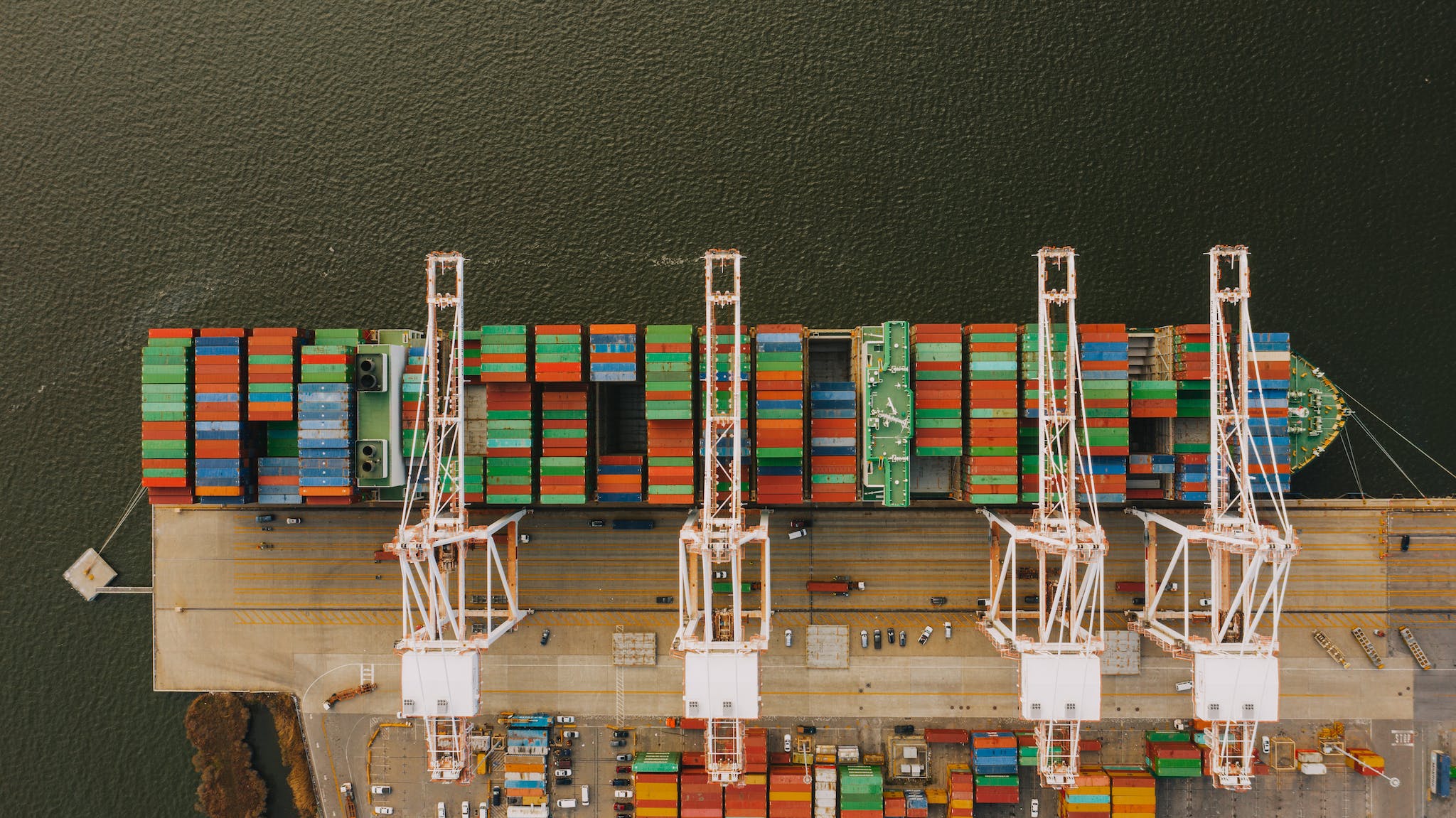Introduction
In the era of globalization, bilateral relations play a vital role in shaping the international economic landscape. Free trade agreements (FTAs) have become strategic tools to strengthen economic cooperation between countries, promoting trade and investment. Examining the dynamics of these bilateral relationships in free trade agreements today reveals not only the economic benefits but also the challenges and opportunities faced by participating nations.

- Strengthening Economic Links:
FTAs seek to establish a legal framework that facilitates the exchange of goods and services between two nations. By eliminating tariff and non-tariff barriers, these agreements promote more fluid trade flows, generating an environment conducive to sustainable economic growth. - Economic Growth and Development:
The bilateral relationship in FTAs boosts economic growth by providing participating nations with access to broader markets. The diversification of exports and imports encourages specialization, efficiency and innovation, contributing to sustainable economic development. - Job Creation and Opportunities:
By expanding markets, FTAs generate employment opportunities by boosting key sectors of the economy. Job creation not only strengthens internal stability, but also improves social prospects and contributes to poverty reduction. - Challenges in Bilateral Negotiations:
FTA negotiations involve the harmonization of regulations, policies and standards between two nations. Challenges arise when addressing issues such as intellectual property, labor rights and environmental protection. Resolving these issues demonstrates the ability of nations to compromise for mutual benefit. - Digitalization and New Challenges:
Currently, digitalization has added a new element to bilateral relations in FTAs. E-commerce facilitation and data protection are crucial issues that require attention to ensure that trade agreements reflect the realities of the digital economy. - Sustainability and Social Responsibility:
Modern FTAs not only focus on trade, but also on sustainability and social responsibility. The inclusion of environmental and social clauses seeks to guarantee that trade benefits communities and the environment, promoting ethical and sustainable practices. - Geopolitics and Strategic Alliances:
Bilateral relations in FTAs also have geopolitical implications. These agreements can strengthen strategic alliances and promote regional stability, giving nations the ability to confront common challenges on the international stage.
Conclusion:
In an increasingly interconnected world, bilateral relationships in free trade agreements have become key drivers for economic growth and global stability. As challenges evolve and opportunities emerge, the ability of nations to adapt and collaborate will determine the success and sustainability of these trade relationships in the future. Bilateral economic cooperation remains an essential driving force in fostering prosperity and development today.





